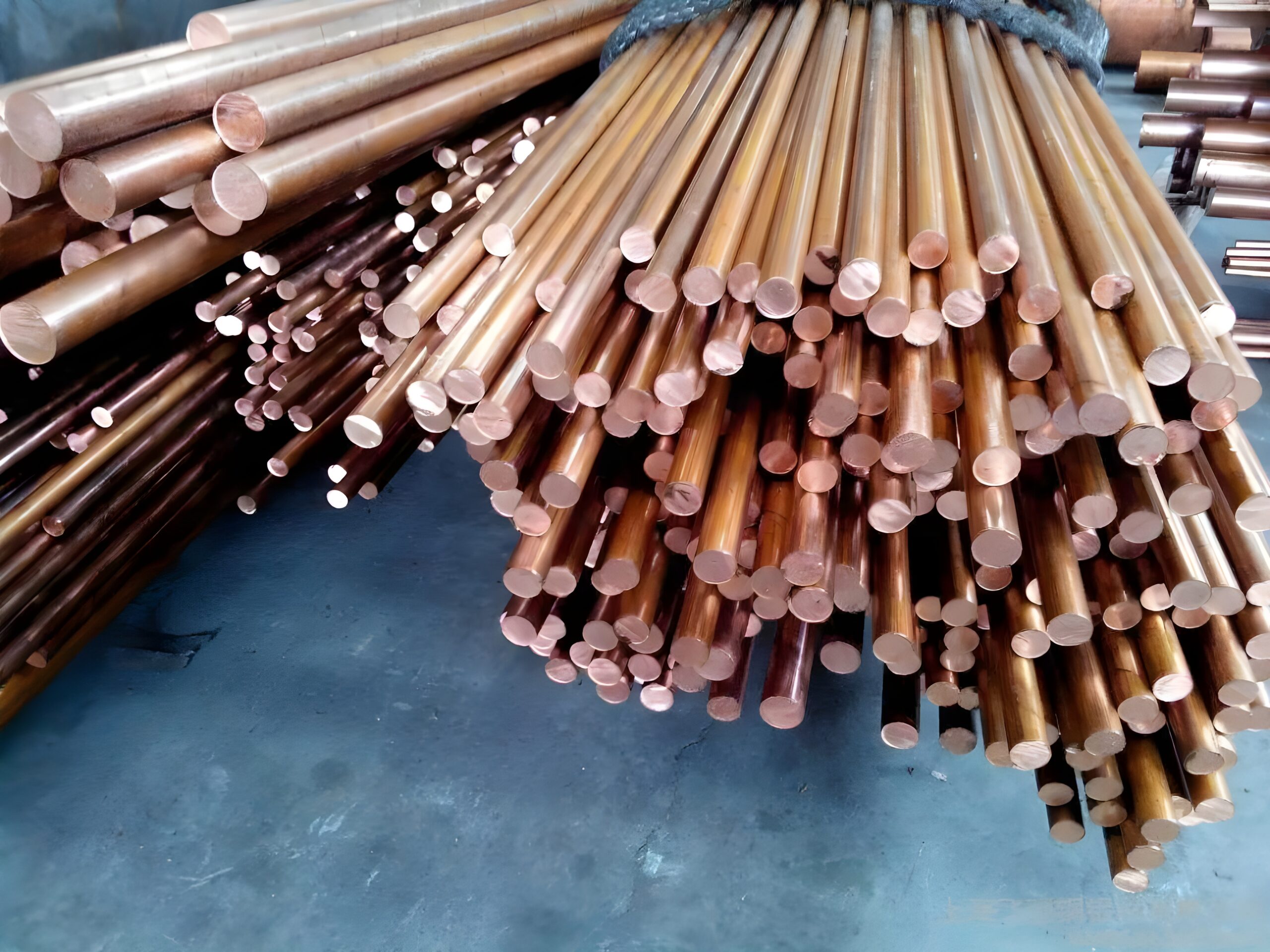DHP Copper
- Home
- >
- Copper
- >
- DHP Copper

DHP Copper
DHP Copper, also known as Deoxidized High Phosphorus Copper, is a highly utilized copper alloy known for its excellent corrosion resistance, thermal and electrical conductivity, and ease of fabrication. It is commonly used in plumbing, heating, and industrial applications.
Composition:
- Copper (Cu): 99.90%
- Phosphorus (P): 0.015-0.040%
Grades
ASTM B 68 C 12200:
- ASTM B68: Standard Specification for Seamless Copper Tube, Bright Annealed.
- C12200: Designation for DHP Copper in this standard.
ASTM B 75 DLP C 12000:
- ASTM B75: Standard Specification for Seamless Copper Tube.
- C12000: Designation for Deoxidized Low Phosphorus Copper in this standard.
BS 2871 Part 2 C 101:
- British Standard for copper tubes.
- C 101: Designation for DHP Copper in this standard.
BS 2871 Part 3 C 106:
- British Standard for copper tubes used in general engineering applications.
- C 106: Designation for DHP Copper in this standard.
EN 12451 DB-IP - CW 024A:
- European standard for copper and copper alloys – Seamless, round tubes for heat exchangers.
- CW 024A: European designation for DHP Copper.
JIS H 3300 C 1220:
- Japanese Industrial Standard for copper and copper alloy seamless tubes.
- C 1220: Japanese designation for DHP Copper.
Properties:
- Corrosion Resistance:
- Excellent resistance to corrosion in various environments including freshwater, seawater, and industrial atmospheres.
- Resistant to dezincification, making it suitable for water supply systems.
- Mechanical Properties:
- Tensile Strength: Typically around 210-250 MPa.
- Yield Strength: Approximately 50-100 MPa.
- Elongation: Generally around 35-45%, providing good ductility.
- Hardness: Moderate hardness, with a typical Brinell hardness number (HB) of around 40-70.
- Thermal and Electrical Conductivity:
- High thermal conductivity, making it ideal for heat exchangers and other thermal applications.
- Good electrical conductivity, though slightly lower than pure copper due to the presence of phosphorus.
Applications:
Plumbing and Heating: Used extensively in plumbing systems for water supply and heating due to its corrosion resistance and ease of fabrication.
Heat Exchangers: Ideal for heat exchanger tubes due to its excellent thermal conductivity and resistance to corrosion.
Industrial Applications: Employed in industrial equipment where good corrosion resistance and ease of welding are required.
Electrical Applications: Used in electrical components where good conductivity is needed, though slightly lower than pure copper.
